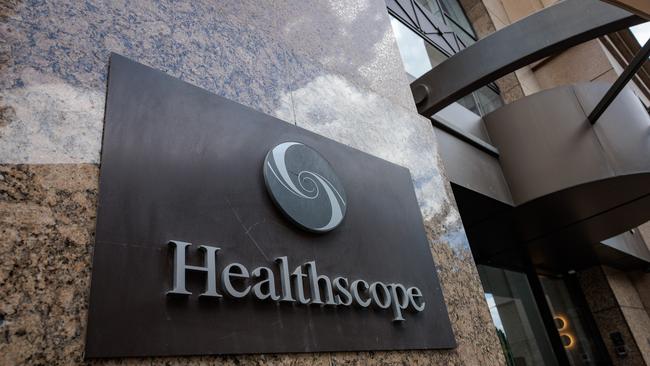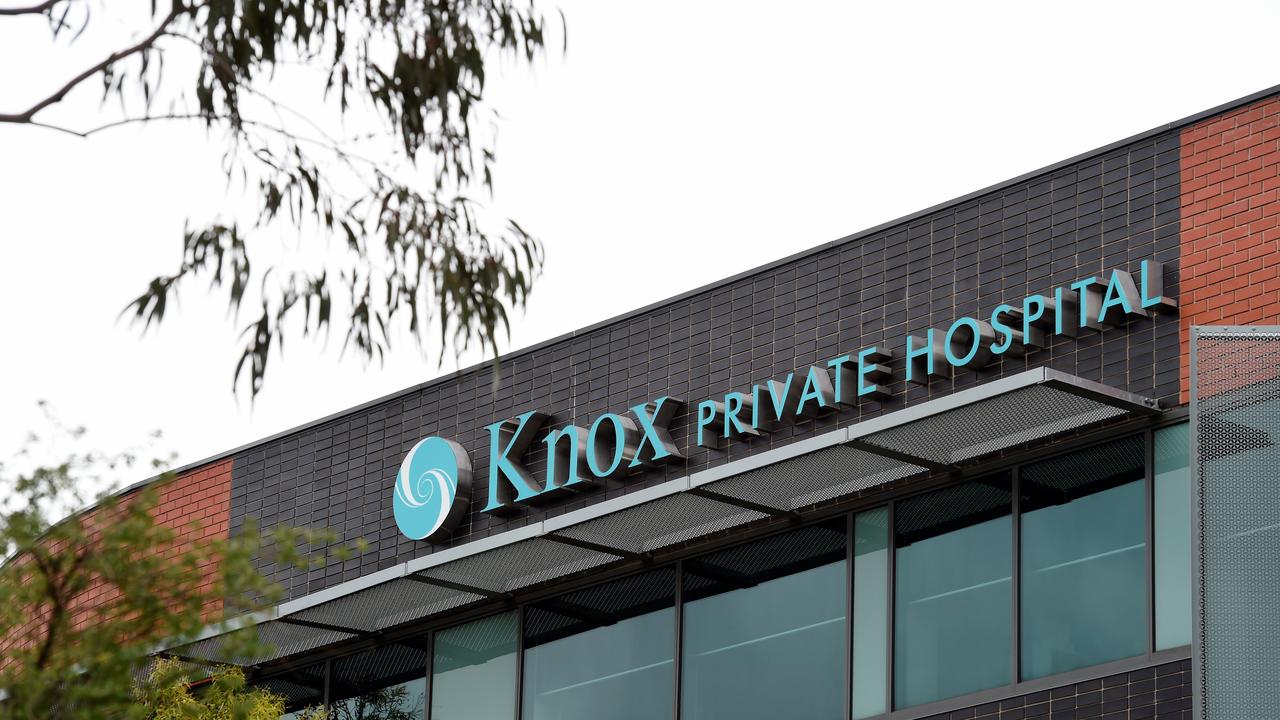
Healthcare professionals are reporting that six hospitals are looking to close over the coming weeks within Australia after Toowong Private Hospital in Brisbane announced it would shut within a fortnight.
It comes as McGrathNicol’s claims that it has no plans for hospital closures or redundancies at Healthscope has raised eyebrows around the industry, with participants saying that they cannot see how buyers would step up to take on facilities that are losing money and how all of its 37 hospitals can possibly remain open.
Private hospital operators say that remaining profitable was challenging, and they continue to call on the government to place pressure on health insurers to increase payments for carrying out medical care on their customers.
Currently, the industry participants argue that the funding from health insurers is not enough to cover their costs.
Some analysts have estimated that a further 30 Australian private hospitals are at risk of failure, with groups owned by private equity unable to claim the same benefits as not-for-profit operators that do not pay payroll tax.
Most operate with thin earnings before interest, tax, depreciation and amortisation margins of 4.4 per cent, say experts.
Of the ten parties that have expressed interest in Healthscope hospitals in a Moelis-run sale process for former owner Brookfield, most are not-for-profit operators such as St Vincent’s, Calvary and St John of God.
There’s a view that given their own financially stretched position, they would need to be offered money to take Healthscope hospitals off their hands, not the other way around.
Not-for-profit healthcare operators are asset rich, but cash poor, and they would not have the money for working capital needed for Healthscope and what is understood to be an enormous deferred capital spending bill.
Reports in the market are that some Healthscope hospitals are visibly in disrepair, and at one of the facilities, the roof leaks.
The parties that have expressed interest in the hospitals are understood to have only appetite for the six Healthscope hospitals that are profitable out of 37 within the entire portfolio.
McGrathNicol was appointed the receiver of Healthscope this week after private equity owner Brookfield earlier handed the business over to its lenders owed $1.6bn.
Reports out of the lending group are that top banks are confident of recovering all of the super senior debt only (CBA has lent $100m that would be paid back first but other banks would provide working capital loans as needed).
But although distressed debt funds like Canyon Partners, Polus and Elliott Management purchased loans for about 40c in the dollar, financiers to Healthscope estimate the return on the loans would now be 25c in the dollar at best.
Some suggest it was the global hedge funds that voted for the receivership plan, after being promised by advisers that the outcome would deliver the best financial returns.
But others say the senior banks such as Australia’s top four lenders, opted for the receivership appointment to protect their own position, after the hedge funds were calling the day-to-day shots in the final days.
Sources continue to point to its landlords as highly influential in the outcome.
The group leases 22 hospitals from HMC Capital’s Healthco Healthcare and Wellness REIT and Northwest Healthcare Properties REIT and the rent agreements allow landlords to terminate all lease agreements if there is a payment default on just one facility.
The Prince of Wales Private Hospital is co-located on a government-owned site, while expectations are that the NSW government will take back control of the Northern Beaches Hospital.
Suitors may shy away from taking on Melbourne Private, because of approval for a 200-bed hospital facility to be developed near-by.
Some expect a break up, where suitors take between four and 10 hospitals each, but others say that a solution similar to the childcare business ABC Learning could be sought where a new company is formed jointly owned by not-for-profit hospital operators and is sold in one line.
Yet there are some doubts that the ABC Learning scenario could work because of the working capital spending needed on Healthscope, what with ABC Learning a far cleaner business.
Federal Minister for Health and Aging Mark Butler dismissed a government bail out.
He denied Healthscope’s demise was a pointer to systemic problems lurking in the private hospital industry.
Industry experts believe the outcome of the Healthscope insolvency is difficult to predict.
One scenario could be health insurers being told by the health minister that they either need to increase payments to hospitals for care of their customers to help them better cover their costs or that the government will introduce legislation that forces them to do so.
They could also be included in a buyer consortium.
Tasmanian MP Andrew Wilkie said Healthscope’s difficulties were just the “tip of the iceberg because private hospitals in Australia were under enormous pressure generally and many have shuttered in recent years”.
He said that the health insurance industry was “front and centre among the culprits for this situation”.
He claimed they were making enormous profits while at the same time gouging policy holders and under-paying the private hospitals.
“The Federal Government needs to move quickly to address this, because if it doesn’t then more private hospitals will close, and more patients and staff will suffer. And that will fundamentally compromise health care more broadly because there’s no way the public hospital system is capable of picking up the slack,” he said.






To join the conversation, please log in. Don't have an account? Register
Join the conversation, you are commenting as Logout